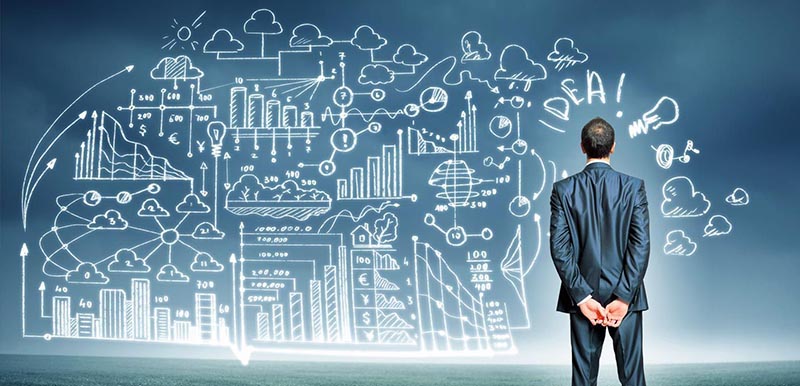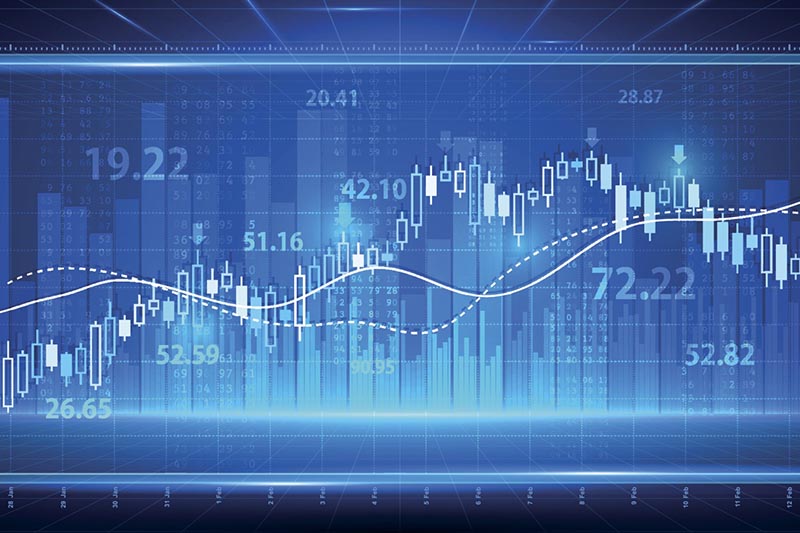Introduction
Even though economics and financial services are often tried to teach and talked about as separate subjects, they are related and affect each other. Investors are interested in these studies because they also significantly affect the markets. Investors should avoid "either/or" arguments when it comes to economics and finance. Both are important and can be used in different ways.
As a general social science, economics is more concerned with the big picture or general questions about how people act when deciding how to use natural resources. More than anything else, finance is about the methods and tools for managing money—both economics and finance look at how businesses and investors think about risk and return. In the past, economics was more theoretical, and finance was more practical. However, in the last 20 years, the difference between the two has become much less clear.
There are some ways in which the two fields seem to be coming together. Governments, businesses, and financial markets all hire economists and people who know about money. There is always a separation at some level. But both will likely benefit the economy, investors, and markets for many years.
Branches of Economics vs Finance
Macroeconomics and microeconomics are both parts of the field of economics. It looks at national income and output, the unemployment rate, price inflation, and the government's monetary and fiscal policy effects. Microeconomics is the study of how people want and need things. It is done by studying the market to see how many goods are enjoyed and how many are sold. The goal is to find a price point where supply and demand balance. How the economy works depends on how this equilibrium changes as markets change over time.
Personal, company and public finance are the most important parts of finance. Personal finance is about a person's or family's income, where it comes from, and how it is spent. It also includes debts and other loan obligations. Public finance is about managing and paying for things that a group or the government does. When it comes to business finance or corporate finance, collecting money for a business or corporation is part of the job. It means balancing risk and profit so that the company's wealth and stock value on the market are at their highest.

Key Differences Between Economics and Finance
- Economics is a social science that looks at how people make decisions about using limited resources to meet their endless wants and be happy. On the other hand, finance is a science that looks at how money is raised, managed, and spent.
- Finance is just a part of economics that deals with how to manage and organise money so that it gives the best return on its investment. On the other hand, economics examines how goods and services are made, used, distributed, and traded.
- Economics is mainly about the cash value of time, or how much money someone can spend buying "time." Finance, on the other hand, is about the time value of money, or how a rupee today is worth more than a rupee a year from now.
- Economics is about choosing how to use resources for the most happiness. On the other hand, finance is about how money can buy used best to make more money.
- In economics, we talk about how people decide what to do when resources are limited. On the other hand, in finance, we talk about how to actively and effectively handle and use a business's money.
- Economics tries to get the most out of limited resources, while finance tries to make as much money as possible.
- Economics explains why goods and services trade surpluses or deficits happen, which impacts the whole society. On the other hand, finance explains why interest rates change, why prices of goods go up and down, why money comes in and goes out, etc.
Special Considerations
When economists figure out how producers and consumers respond to economic changes, economics can be a powerful guide and influence on national policymaking. In other words, how governments handle taxation, regulatory oversight, and government spending has real effects, and economics can help explain and analyse these choices.
Economics can also help investors figure out how national policies and events might affect how business is done. If investors know about economics, they can predict economic factors and determine what those predictions mean for companies, stocks, and the financial markets.
Conclusion
Economics and finance are both critical for solving problems in the economy. For example, the economy is needed to solve unemployment and poverty and divide up limited resources. Finance comes into play when we discuss getting a higher investment return.





